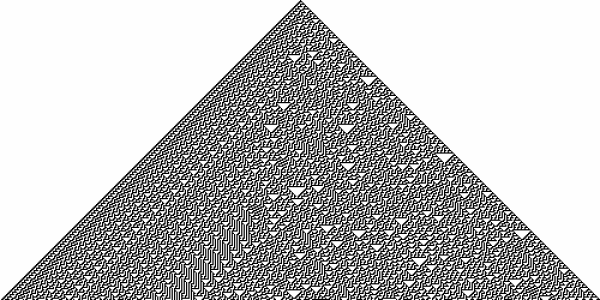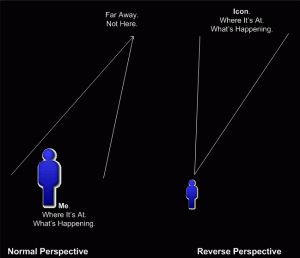A question has come up in another thread about the term “evidence”, and what qualifies (and does not qualify) as evidence. This particular debate has come about when Elizabeth said, in relation to an ongoing description of my model of “how things work” (free will/psychoplasm), said:
The problem it seems to me, with your model is that a) there is no evidence to support it whatsoever and b) we have a supported model that works pretty well.
I then challenged that assertion about the state of evidence with:
Can you support your assertion that “there is no evidence to support it whatsoever”?
She responded:
No, and I will qualify: I am aware of no evidence to support it, and I speak as one fairly well acquainted with the empirical literature.
Which I found odd, since I had given testimony (or, as Robin later said, “claimed”) that this model apparently worked well for me, others I know, and had in this thread and the Free Will thread pointed ouit various other similar doctrines that are chock full of such testimony (or “claims”). So, I asked:
So, my testimony, and that of others through various media, is not evidence?
Unfortunately, Elizabeth has yet to respond to that question. However, Robin contributed his/her answer:
No. Claims are never evidence of what is being claimed; they are solely evidence that someone made a claim. Why? Because anyone can make a mistake or even lie.
I think this deserves its own thread, for reasons I think will become clear. Before responding to Robin, though, I’d like for others to weigh in on the question of if testimony (not in the court sense, but in they typical “claim” sense), through various forms of media, is evidence.




